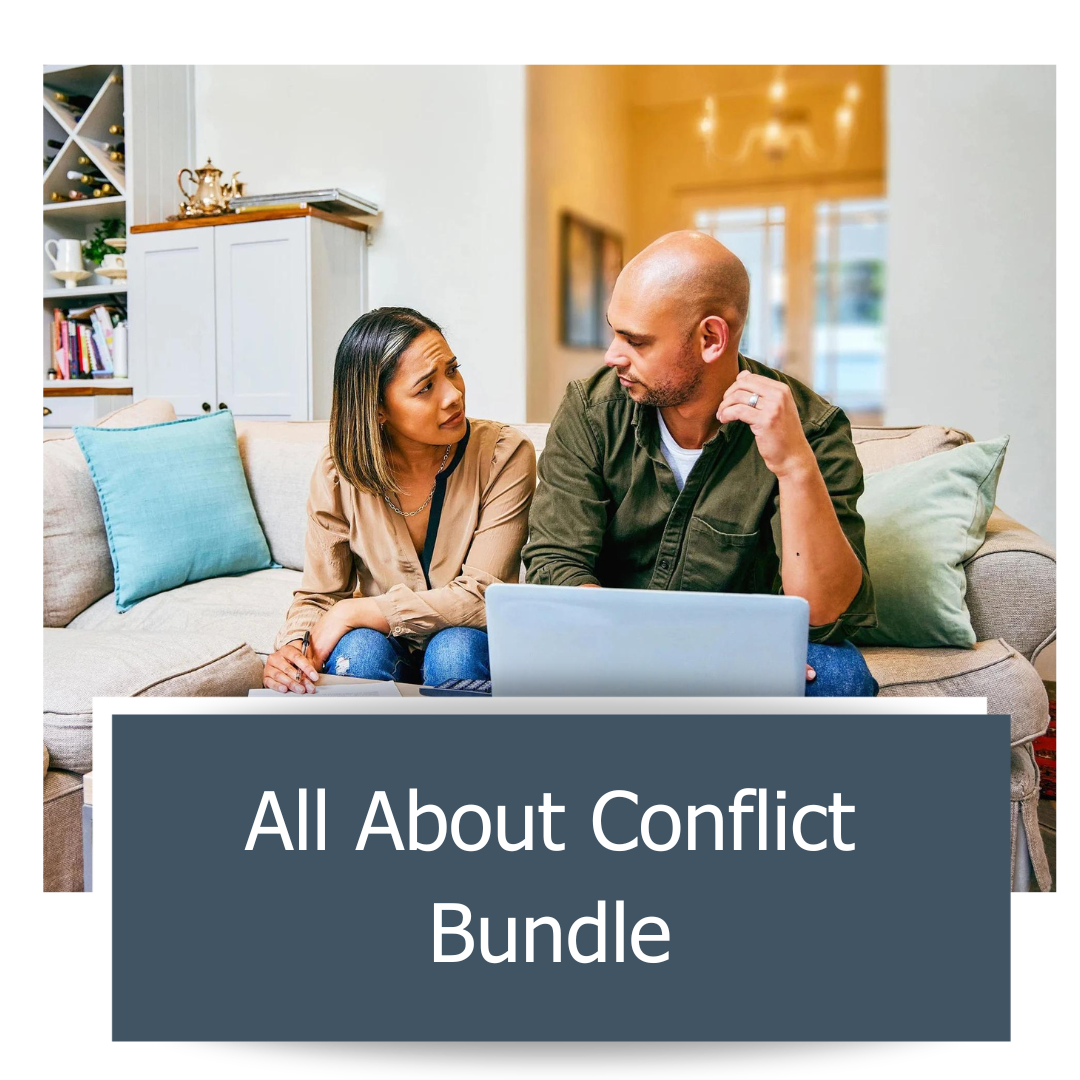Here are some easy, straightforward instructions for having a stress-reducing conversation. As you approach the “how was your day, dear?” conversation from a new perspective, draw on ideas from the following exercise.
Note: This exercise draws on the technique of “active listening.” The goal of active listening is to listen (not just hear) to the speaker’s words with empathy and without judgment. You certainly won’t be feeling emotional attraction to your partner if you feel like they aren’t listening to you. This is all well and good, but when applied in couples’ therapy, it often fails because couples are asked to use it when they are airing their gripes with each other.
However, this same listening technique can be extremely beneficial if specifically employed during discussions where you aren’t your partner’s target. In this context, you’ll feel far more readily supportive and understanding of your partner (and vice versa) – strengthening your mutual love and trust. Here are eight guiding rules for having this discussion:
1. Take Turns. Each partner gets to be the complainer for a designated amount of time.
2. Don’t give unsolicited advice. The major rule when helping your partner de-stress is that understanding must precede advice.
3. Show genuine interest. Don’t let your mind or eyes wander. Try to stay intently focused on your partner.
4. Communicate your understanding. Let your partner know that you can and are empathizing with what they are saying.
5. Take your partner’s side. This means being supportive, even if you think that part of his or her perspective is unreasonable. Don’t lose perspective. If your relationship is important to you, it is likely more important than your opinion on the topic.
6. Express a “we against others” attitude. Let your partner know that the two of you are in this together. You are a team and issues that you have should not come between you. You both intentionally present a united front against anything that would strive to divide you.
7. Express affection. This can look different depending on your relationship, so do what looks like affection for you. That can be as simple as putting your arm around their shoulders or saying, “I love you.”
8. Validate emotions. Let your partner know that his or her feelings make sense to you by telling them just that.
Research shows that emotional attraction is just as important as physical attraction in having great sex. If you feel emotionally rejected by your partner, chances are that you won’t be in the mood to make love.
Try this active listening exercise and see how it affects the level of emotional attraction you feel for each other.







